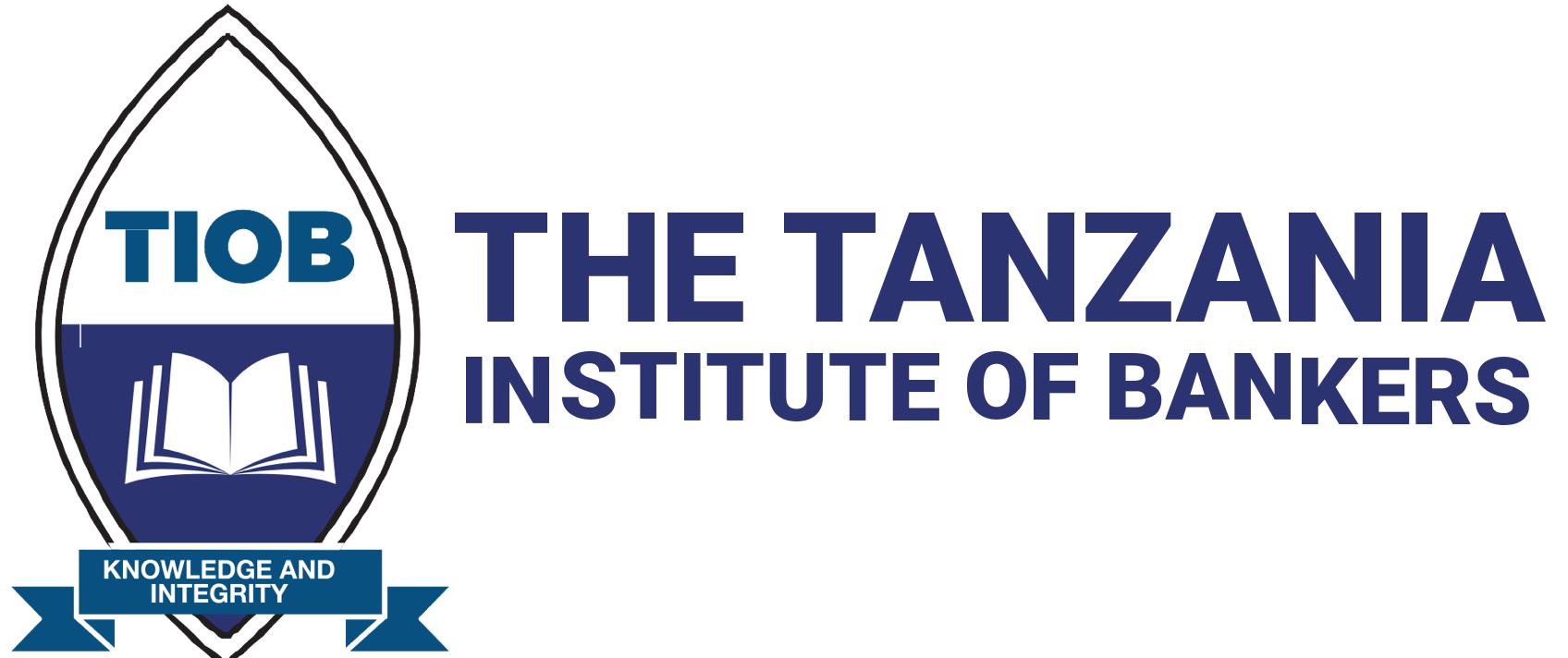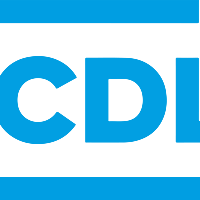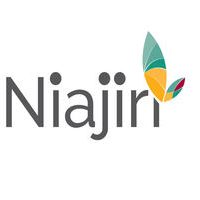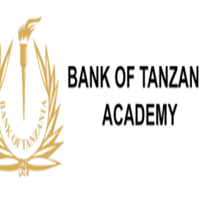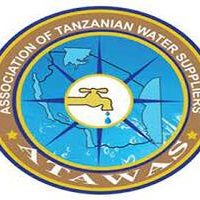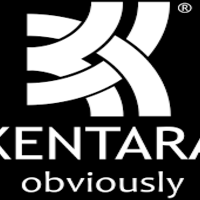Introduction
The Tanzania Institute of Bankers (TIOB) was established in 1993 under the Companies Ordinance (Cap 212) of the laws of Tanzania, with the mandate of promoting the banking profession by providing professional banking education and skills development to bank staff in Tanzania. This mandate followed the liberalization of the banking and financial sector in the country which opened doors to private banks and financial institutions. In the formative stages, the aim would be to alleviate the acute shortage of professional and efficient career bankers, thus promoting quality banking and financial services to the public.
To achieve the objectives, the Institute shall:
- Promote educational opportunities designed to aid members in enhancing their banking professional skills.
- Ensure availability of updated distance learning material/workbooks to help members in their preparations for professional banking examinations.
- Determine, monitor and maintain the entry requirements and qualification for their recognition.
- Conduct ordinary and executive skills development programmes for its members.
- Collaborate with other Institutes of Bankers in East Africa, Africa and the world at large to ensure that the quality/standard of our services is monitored and maintained.
PROGRAMS OFFERED
- Banking Certificate (BC) Programme
The Banking Certificate programme will be divided into two levels; BC I and BC II. A candidate will be allowed to sit for BC II examinations after passing all BC I subjects.
The Banking Certificate subjects will remain seven; with changes in some of the subject names to reflect practical application of the subjects in respect of provision of banking and other financial services.
Thus; the subjects are grouped and named as follows:
Banking Certificate I
- Principle of Banking
- Principle of Marketing and Business Ethics
- Principle of Management
- Information Technology
Banking Certificate II
- Accounting
- Principle of Economics
- Principle of Law
Entry Requirements for the Banking Certificate (BC) Programme
The entry requirements for the Banking Certificate Programme are as follows:
a) Must either be a bank employee with Certificate of Secondary Education (CSE) or Advanced
Certificate of Secondary Education (ACSE).
OR
b) Must be a holder of CSE with at least a pass in English and Mathematics.
OR
c) Must be a holder of ACSE with at least one principal level pass and must have passed English
language or Mathematics at CSE level.
OR
d) Holder of Certificate from the National Board of Accountants and Auditors (NBAA) or Certificate
from Procurement and Supplies Professionals and Technicians Board (PSPTB), or holder of any
other related certificate and diploma.
Award
On successful completion of the Banking Certificate programme; that is, after passing all BC I and BC II subjects examinations, a candidate will be awarded a Banking Certificate qualification.
Objectives
The principal objectives of the Institute as laid down in the Constitution are as follows:
- To promote, encourage and provide opportunities for members to acquire knowledge of the theory and practice of banking and to facilitate the consideration and discussion of matters of interest to bankers and persons associated with banks and financial institutions;
- To act as a regulatory and disciplinary body for the banking profession and to promote professional integrity and ethics and to set standards for the banking profession;
- To set, mark and conduct or approve examinations in banking subjects and accordingly to issue diplomas and certificates either alone or jointly with other educational or professional bodies;
- To liaise with other educational bodies, colleges and institutions of higher learning and co-operate in the developing of teaching syllabus of the diploma in banking but with the Company remaining the examining body responsible for setting papers, moderating and appointing of examiners;
- To provide facilities for reading, discussion and publication of approved papers by members of the Company and others, and to arrange for the delivery of lectures and the provision of instructions on banking and other subjects of interest or practical use to bankers;
- To establish, maintain and operate libraries containing, principally, works on banking, commerce, finance, economics, law and all other allied subjects.
2. Certified Professional Banking (CPB)
The Certified Professional Banking (CPB) programme will have the current eight subjects divided into two levels; CPB Level I and II. There is no change of the subject names because they all reflect practical aspects of the subjects in the provision of Banking and other financial services.
Certified Professional Banking level I
- Law Relating to Banking Services
- International Trade Finance
- Management Practice
- Strategic Marketing Management
Certified Professional Banking level II
- The Monetary and Financial System
- Financial Services
- Lending
- Financial Analysis
The examinations will contain both descriptive and objective questions to make sure that the whole syllabus is covered in any particular paper set.
Entry Requirements for the Certified Professional Banking (CPB) Programme
Entry requirements for the CPB programme are as follows:
a) Either TIOB/CIB Banking Certificate or Banking Certificate from any other recognized Institute of
Bankers.
OR
b) Holders of 1 st Degree or Advanced Diploma in Banking, Accounting and Finance, or Economics. Other Degree/Advanced Diploma holders are advised to pass BC II first before they proceed to CPB.
OR
c) CPA (T) – NBAA
OR
d) CPSP – PSPTB
Award
On successful completion of the Certified Professional Banking Programme; that is, after passing CPBI and CPBII subject’s examinations, a candidate will be awarded a Certified Professional Banker qualification.
Tuition Centers
Coordinator: EUTROPIA MUSHI
TIOB OFFICES (FAYKAT TOWER-5th FLOOR).
Mobile:0762 013 188 eutropia@tiob.or.tz
Hyafa Coaching and Training Centre (NIC Building)
Coordinator: Hyasinti K Faustine Mobile:0717225721
fredynandyjohn@gmail.com
- College of Business Education (CBE) – Frank Katumbaku -0714922510 -katumbakufrank@gmail.com
- BOT Academy – Antony L Nicholaus – 0765091264 – anthony.nicholaus@bot.go.tz
Coordinator: Dr. Benny Mwenda
College of Business Education (CBE)
Mobile: 0742677369 benybnjmn@gmail.com
Coordinator: Mr. Haji Suleiman
The State University of Zanzibar (SUZA)
Mobile: 0776451867
bayeyo.pg@hotmail.com
Coordinator: Mr. Ramadhani Matongori
College of Business Education
Mobile: 0768295580, rmtongori@gmail.com
- Institute of Accountancy Arusha(IAA) – Lameck John – 0753975212 – jlameck019@gmail.com
- KPI EDUCATION CONSULTANY – Carolyne Nyiti – 0748707480 – ars@kpi.co.tz
EXAMINATION CENTERS
Institute of Accountancy Arusha (IAA)
Tanzania Institute of Bankers – Morocco Faykat Tower 5th floor
College of Business Education (CBE)
College of Business Education (CBE)
BOT Training Academy (BOT)
The State University of Zanzibar
